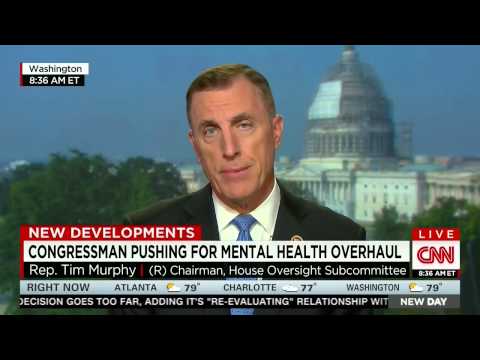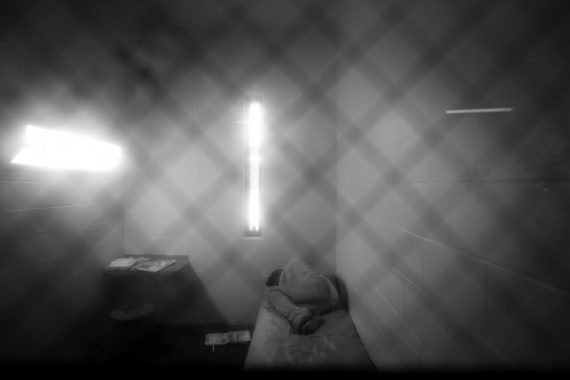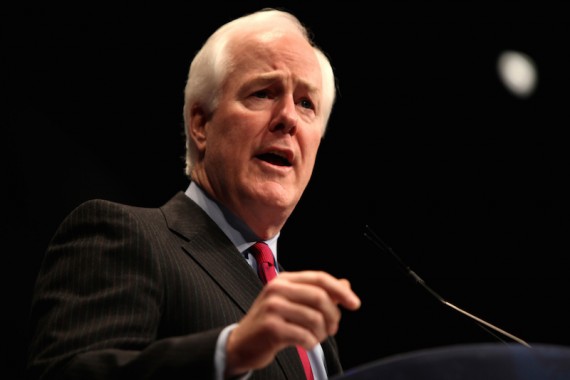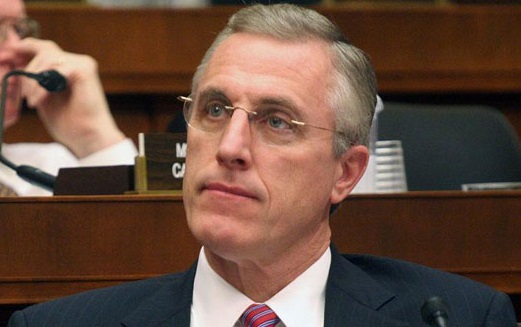
(12-7-16) Rep. Tim Murphy’s Helping Families in Mental Health Crisis Act passed 94-5 this afternoon in the U.S. Senate clearing the way for it to be signed into law by President Obama before he leaves office.
Murphy’s mental health reforms, along with Sen. John Cornyn’s (R.Tx.) Mental Health and Safe Communities Act, were tucked into the 21st Century Cures Act, a $6.3 billion health care bill that critics called a boondoggle for the pharmaceutical industry, which spent millions lobbying for its passage, but supporters insist will cut bureaucratic red tape that prevents life-saving medicines from reaching markets quickly. Because the Act contains two pet projects of both Obama and Vice President Joe Biden, the Cures Act is expected to be signed quickly.
Murphy, a Pennsylvania Republican who is the only practicing psychologist in Congress, was relentless in pursuing passage of his bill — a process that started nearly four years ago and often turned bitter at congressional hearings. In a release he wrote:
This historic vote is one of the rare moments in Congress where members can say with confidence their vote to pass these reforms will indeed save lives. We are ending the era of stigma surrounding mental illness and focusing on delivering treatment before tragedy. By bringing research, treatments and cures into the 21st Century, we are finally breaking down the wall between physical health and mental health. (Full text of his release can be found at bottom of this blog.)
From the start, Murphy focused on concerns raised by parents and family members about barriers they face trying to help loved ones get help, including what they consider overly restrictive civil rights protections. Cornyn’s bill was primarily aimed at funding successful criminal justice programs, such as Crisis Intervention Team training for law enforcement, mental health courts, and jail re-entry programs. Both Murphy and Cornyn are strong advocates of increased use of Assisted Outpatient Treatment, which has been strongly opposed by many groups that represent individuals with mental illnesses and disabilities.
One of the organizations that Murphy depended on for advice and support from the start was the Treatment Advocacy Center, founded by Dr. E. Fuller Torrey. It’s executive director, John Snook, said in an email:
“This is one of the most important moments for mental health in more than fifty years. Mental Health Reform offers real hope to families and their loved ones who have been locked out of care. It focuses squarely on treatment of severe mental illness, providing people access to a bed instead.”
Murphy’s bill met strong opposition from the start from Democrats and eventually underwent numerous revisions to make it more palatable. When the House passed Murphy’s bill last week, I published a blog that compared some of Murphy’s initial language with what now is in the Cures Act.
In addition to posting Murphy’s release here, I am adding a review of the bill that is being circulated by a consumer group whose members opposed Murphy’s bill. I felt it would be helpful to see how critics of the bill now see it and the revisions that they helped add to make it more acceptable to them.
Obviously I will be writing more about this bill in later blogs, but I wanted to get news of its passage out ASAP.






